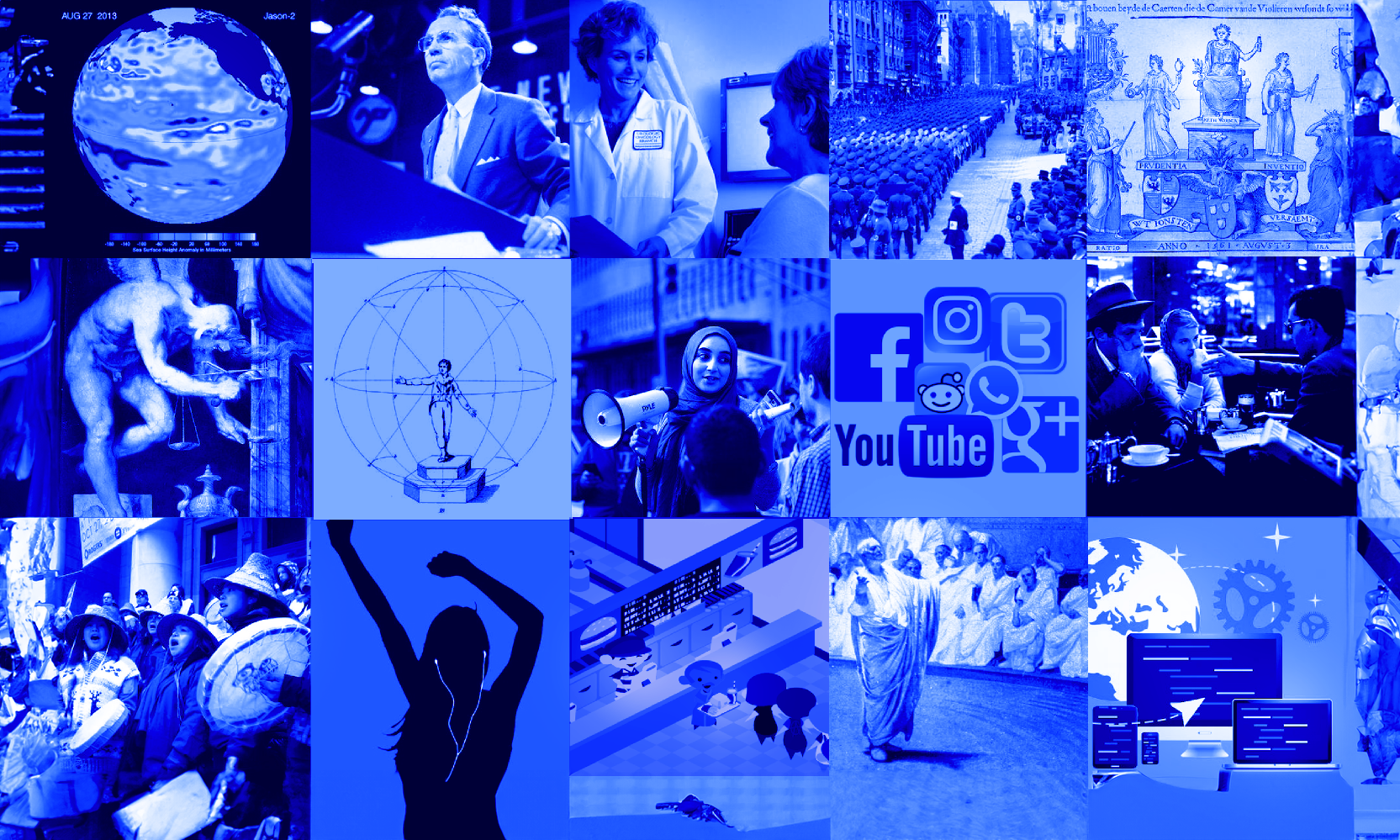
We are excited to announce that Roderick P. Hart is our Keynote speaker for RhetCanada 2019.
Dr. Hart holds the Allan Shivers Centennial Chair in Communication at the University of Texas at Austin and is the author of over a dozen books on rhetoric, media studies, and civic discourse. His works include Political Keywords: Using Language that Uses Us (2005), Political Tone: What Leaders Say and Why (2013), Modern Rhetorical Criticism (4th ed. 2017), and most recently, Civic Hope: How Ordinary Americans Keep Democracy Alive. His latter work in particular is pertinent to this year’s conference theme, Rhetorics of Hope.
Keynote Description
The world is now beset with new forms of tribalism and old forms of nationalism. New and angry voices abound, with political leaders often appealing to the churlishness within us. What to do? This address presents the concept of civic hope, an expectation (1) that enlightened leadership is possible despite human foibles, (2) that productive forms of citizenship will result from cultural pluralism, (3) that democratic traditions will yield prudent governance, but (4) that none of this can happen without vigorous forms of argument at the grassroots level.
The address draws on my recent book, Civic Hope: How Ordinary Americans Keep Democracy Alive (Cambridge, 2018) that asks (1) Who believes in political hope? (2) Have such feelings changed over the years? and (3) What does political hope sounds like when expressed? Drawing on a twenty-year research project, I focus on what people say about politics, what they say but do not mean, and what they mean but do not say.
My core argument is that the strength of a democracy lies in its weaknesses and in the willingness of its people to address those weaknesses without surcease. If democracies were not shot-through with unstable premises and unsteady compacts, its citizens would remain quiet, removed from one another. Disagreements – endless, raucous disagreements – draw them in, or at least enough of them to have a debate. Political already hope exists. We just need to learn how to recognize it and, after doing so, how to applaud it.
